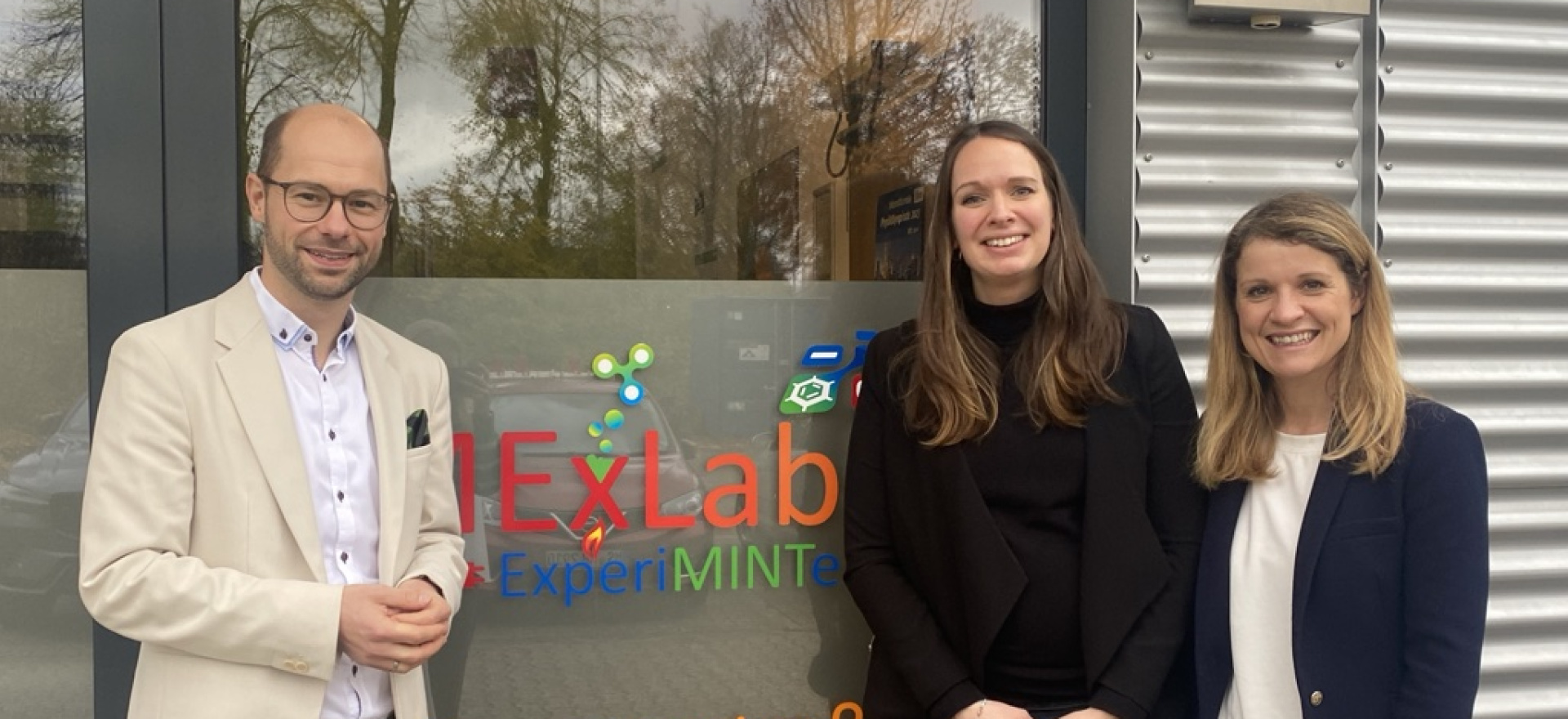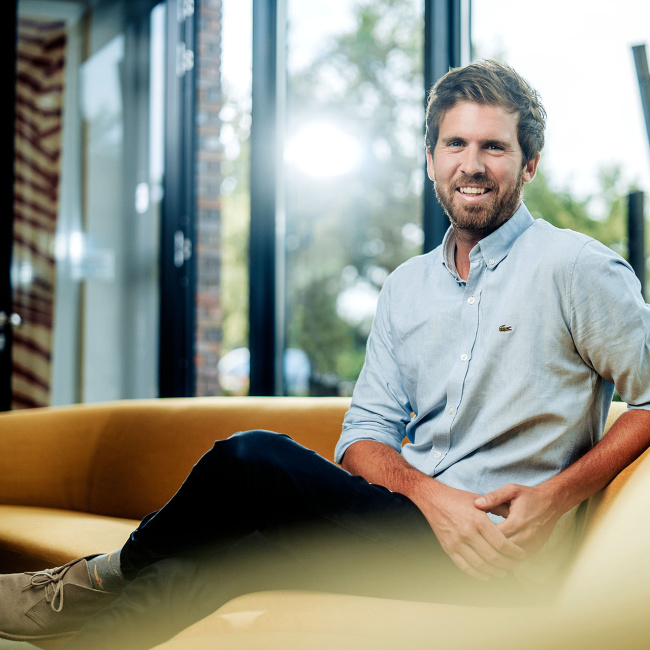'MExlab ExperiMINTe' for experimentation magic

The Josef Fiege Stiftung supports 'MExlab ExperiMINTe'. The central operating unit at the University of Münster and also the networking point for 'Kinder forschen Münster' – a Münster-based foundation that focuses on education in STEM from an early age – doubles as an after-school destination where children and young people learn about STEM. The donation of 500 euros goes towards expanding the funding programme for children’s day-care centres.
Every day is an experiment. For this reason, 'MExlab ExperiMINTe' has made it its mission to help grow an inquisitive mind and interest in science in children and young people from an early age on. For this, 'MExlab ExperiMINTe' offers, for example, one-day workshops for school classes, holiday camps, company events and CPD for teaching staff. With its 'MExchen' programme, the education unit is currently setting up a free offer for young researchers at children’s day-care centres. The Josef Fiege Stiftung is donating 500 euros in support of the project.
Dr Dörthe Masemann, Managing Director 'MExlab ExperiMINTe', is excited to receive the donation: “It is a cause that is very dear to us, to spark children’s interest in science at an early age. Our 'MExchen' project aims to create a free offer that will boost experimentation creativity amongst kids while at the same time lower the burden on children’s day cares in our region. To do this, we depend on donations and thank the Josef Fiege Stiftung for their fantastic support.”
Christoph Mangelmans, member of the executive committee of the Josef Fiege Stiftung added: “FIEGE and the Josef Fiege Stiftung feel very strongly about promoting gender equality and equal opportunities for children. And that is precisely the mission of 'MExlab ExperiMINTe', which combines education with long-term development. We are extremely pleased that in lending support to the 'MExchen' programme, we are aiding the development of a free offer for young researchers.”



